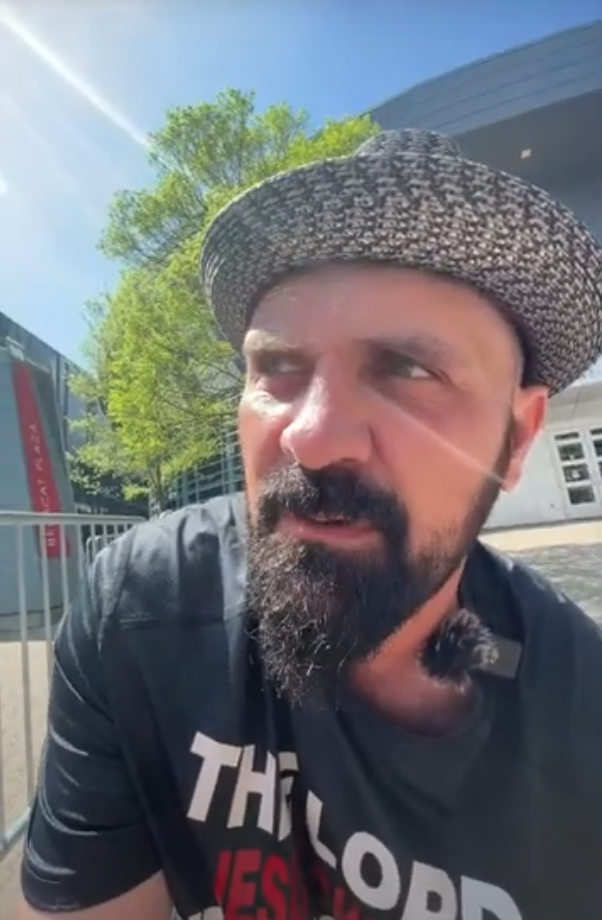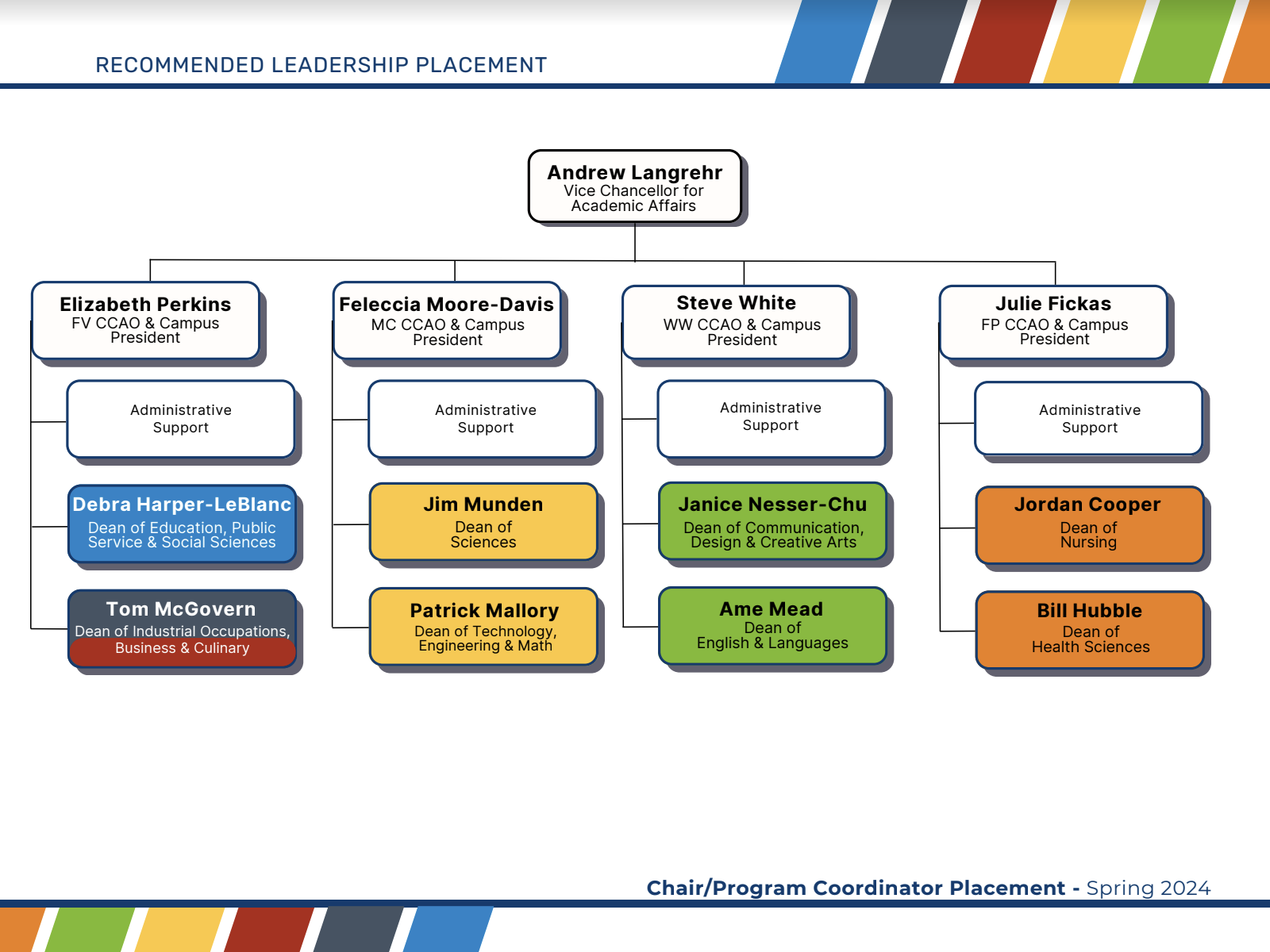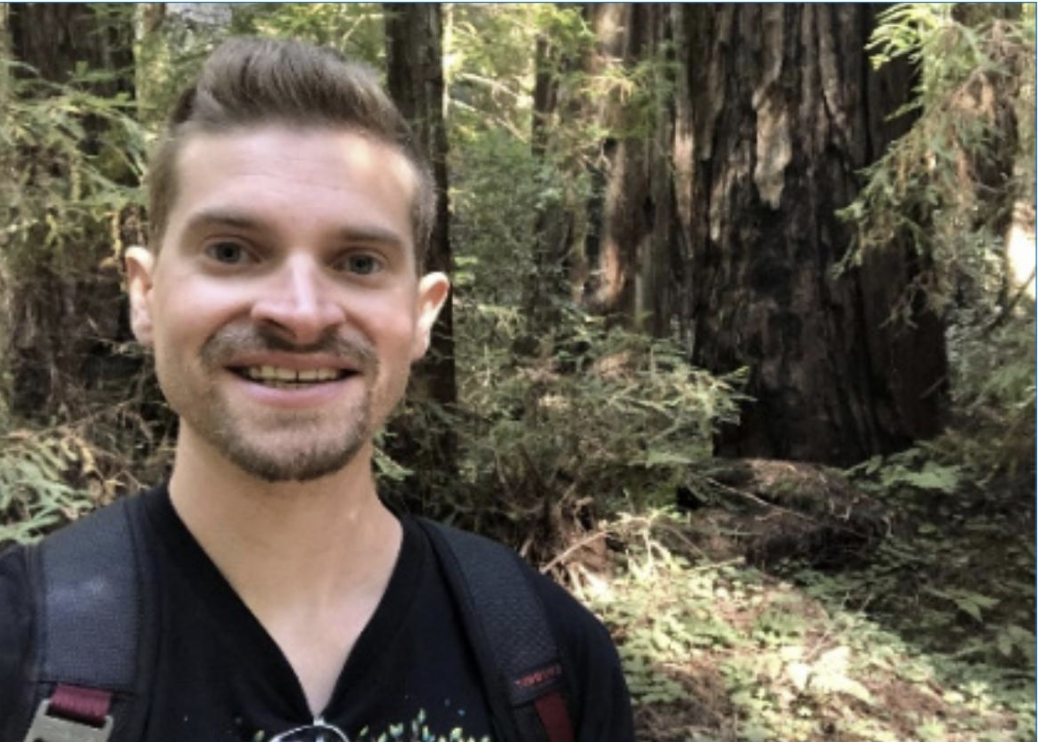Focus on Ability club guest speaker, Sharon Lyon, works to end stigma of mental illness
By: Jason Waters
Production Manager
The Focus on Ability club provides a welcoming and supportive community for students with a mental illness, physical disability, or learning disability, vice president Kyle Kluzynski said.
On Wednesday, March 30, speakers from the National Alliance of Mental Illness (NAMI) were welcomed to Meramec.
“We want people to understand what it’s like to live with a mental illness so they can empathize with those who are undergoing it,” Kluzynski said. “And for those who are undergoing mental illness themselves, this presentation can provide a valuable outlet and insight into the lives of others who have dealt with similar problems. So we hope that they can learn perhaps coping strategies and more importantly that they are not alone.”
The Focus on Ability club is here to help students feel welcome with whatever disability they are struggling with, Kluzynski said.
Sharon Lyons, Director of volunteering for NAMI, spoke at the event.
“NAMI focuses on education support and
advocacy for people with mental illness and their family members. We do support groups. For education we do a variety of different classes and talks like we did today. We do public policy advocacy, advocating for better treatment for people with mental illness. Laws that would help improve the lives of people with mental illness,” Lyons said.
Lyons suffers from paranoid schizophrenia.
In her spare time, she likes to read, watch movies, take photos and collect antique purses, she said. But her dark days were many during the years of 1993 and 1994.
“I was working for the federal government. I had
a very successful job there as a manager with a lot of responsibilities. I felt good about myself
and what I was doing. I started to have delusions about one of the men that I work with. At the time I didn’t know they were delusions of course. That’s one of the symptoms of my illness,” Lyons said.
“I thought this man wanted to marry me. I thought that people were talking in code, I had
to decode what they were saying and I took a word here and a word here and put it together and came up with this idea that this man was in love with me and wanted to marry me,” she said. “One day I made an announcement to my group that we were getting married and I had to leave because married people couldn’t be on the same team. This was all news to him. He had no idea.”
To be able to finally accept her mental illness has been a long process, Lyons said.
“Sometimes I still doubt it actually. But I read a lot about my diagnoses and can see myself in some of the symptoms,” Lyons said.
Back in 1994, Lyons felt like everybody else.
“People just didn’t understand that me and this man just had to get together and talk about this – this was all just some big mistake.
I kept saying that over and over again so it took me a
long time to realize that what I was saying
was all in my head,” Lyons said. “Nobody else could see it. Nobody else could really understand it. I feel lucky that I found a psychiatrist that helped me a lot. I felt tremendous guilt and shame about where it happened. He helped me in getting over that.”
It was difficult for her to find treatment, Lyons said. At the time, she had no job, no money and no insurance.
“I went through the phonebook and made phone call after phone call and finally did find somebody. I felt very lucky that he did take me at the time – during my condition I didn’t know
how I was going to pay him.
He was very empathetic. He was very patient
with me,” Lyons said.
“I had trouble trusting him. It was part of my illness also. I was paranoid. I was afraid to take the medicine but
slowly I did start to take the medicine. It worked pretty quickly. My thoughts
cleared up. I realized some of things that I had done, how wrong they were.
I also realized that there was hope to go forward, that I knew what was wrong with me.”
Growing up, Lyons always felt that she was a little different than other people.
“But I realized at this
point that I could go
forward with this illness
and I didn’t have to look
back. I didn’t have to wonder what was wrong with me anymore. It had a name and it had a treatment. The treatment did work for me, it worked really well,” Lyons said.
When Lyons started to feel better, she went attended a support ground for people with schizophrenia.
“One of the things that helped me cope, besides the medication, was being able
to sit down and talk to other people who had the same diagnoses that I had. Some of the people were taking the same medicines that I had, we talked about medications and side effects and how to cope
with side effects. It gave me something to do – people to talk to and make friends with,” Lyons said.
“For me my work is my main success. I was able to start a new program at NAMI
called Opening Doors to Spirituality which we do once a year to talk about how spirituality can help with mental illness recovery. I’ve been able to make good friends at NAMI,” Lyons said.
Lyons still hopes to get married someday.
“I never did get married. I have a good relationship with my son although I don’t see him as much as I would like to. He is doing well, doesn’t have any signs of mental illness. I would like to work more
on eliminating the stigma of mental illness and dream one day there is no more stigma that people with mental illness can be treated the same as people with any other type of disability,” Lyons said.
Lyons would tell individuals recently diagnosed with a disorder to reach out for help, she said.
“There is nothing to be ashamed of. Don’t feel
ashamed or guilty. That’s a big thing that I had to get
over. It’s a big thing for a lot of people to get over, the shame and guilt of it,” Lyons said. “There is hope.”











